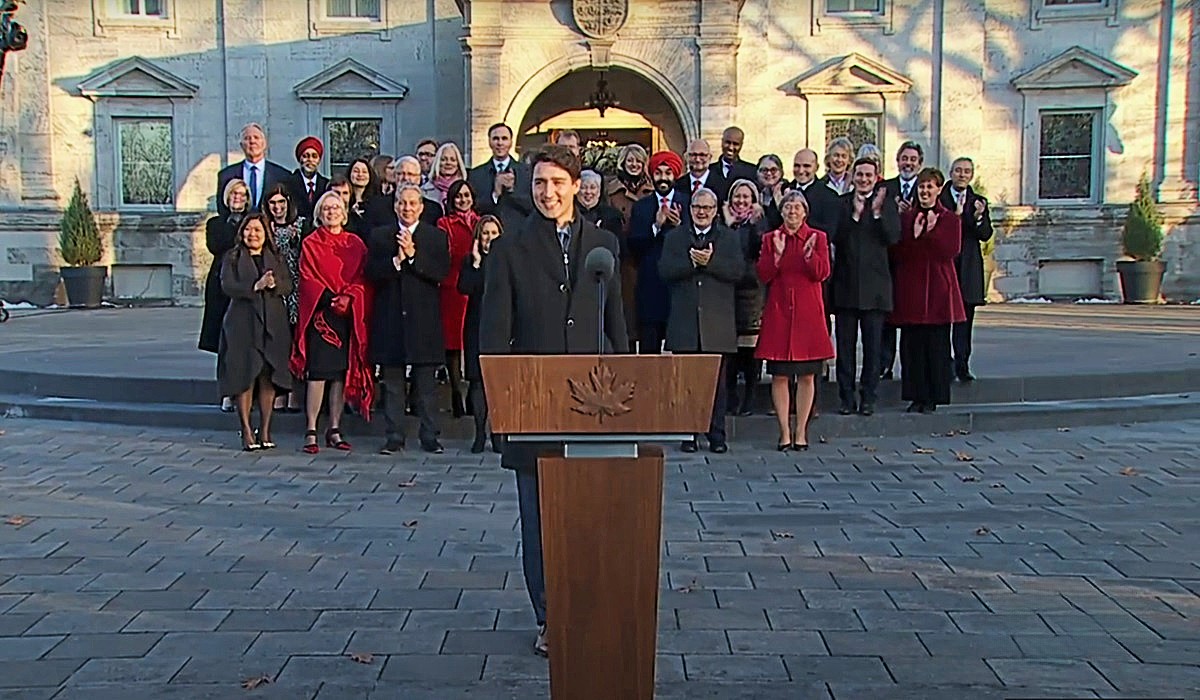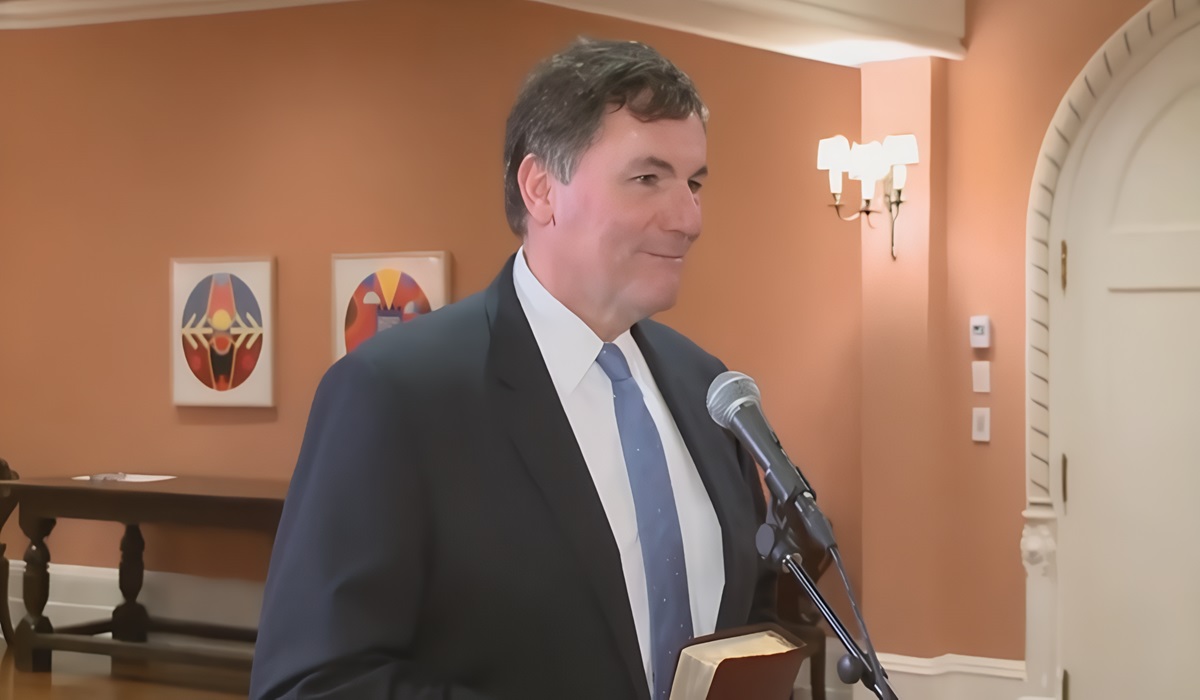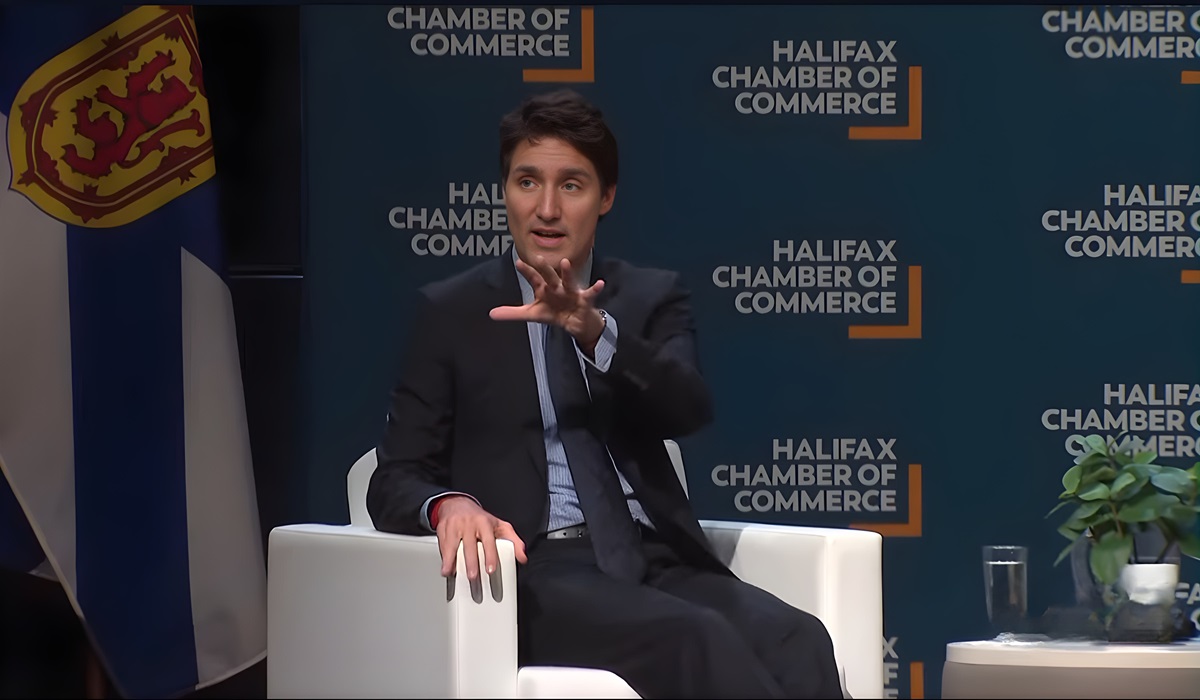The Shifting Standards of Cabinet Appointments: Political Loyalty vs. Professional Expertise
- Ingrid Jones
- Canada
- December 18, 2024

In the “good old days,” the criteria for becoming a cabinet minister were straightforward: expertise and experience in the portfolio you were tasked to lead. A defense minister likely had military experience. A health minister would have been a doctor or possessed medical training. A finance minister might have held an advanced degree in economics or had a distinguished career in business. The appointment process seemed to reflect merit and suitability for the role, rooted in the idea that leaders should be experts in their field. Today, that principle has all but eroded.
Cabinet positions are now often handed out based on political loyalty, election promises, or the ability to communicate well with the public. Ministers are no longer necessarily appointed for their expertise but rather for their utility as “foot soldiers” to the prime minister or party leader. These appointments reflect political calculus more than qualifications—rewarding those who help secure electoral victories or who have proven themselves adept at toeing the party line. The reality of governance, many argue, is that the civil service does the actual heavy lifting, while ministers serve as public faces and political managers of their departments.
The question of qualifications becomes even murkier when it comes to appointing unelected individuals to cabinet positions. In Canada, it has happened before. Former Prime Minister Stephen Harper appointed Michael Fortier to the Senate in 2006 and subsequently made him Minister of Public Works, even though Fortier had not been elected to Parliament. This sparked a debate over legitimacy, with critics questioning how someone unelected could hold such a powerful role. Still, looking south of the border, the United States offers an interesting counterbalance. Many secretaries in a U.S. president’s cabinet are appointed based on professional expertise rather than elected experience. For instance, the U.S. Surgeon General is typically a medical professional, and figures leading departments like Education or Treasury often come from high-profile positions in those fields, ensuring a degree of subject-matter competence.
While some argue that this approach enhances the quality of leadership, others believe it undermines democracy. The notion that only elected officials should serve in cabinet persists because it ties accountability directly to the electorate. But that principle increasingly feels outdated when the real need is for ministers who can make calculated, informed decisions grounded in professional qualifications. As governments face increasingly complex challenges—ranging from economic crises to global health emergencies—the appointment of ministers without subject-specific expertise risks both public trust and effective governance.
Nowhere is this dissonance more glaring than in the health ministry. Across Canada, the United States, and parts of Europe, there have been egregious examples of health ministers whose lifestyles seem to contradict the very principles of their role. To be clear, this is not about body shaming or superficial judgments but about perception and leadership. A visibly unhealthy health minister, by their own omissions or appearances, can undermine efforts to instill public confidence in health policy. If leadership is about setting an example, how can citizens be expected to prioritize health when the person leading the charge appears unable or unwilling to do so? Fair or not, appearances matter in politics. It’s one of the reasons politicians tend to be, broadly speaking, well-groomed and polished. The same principle applies to roles that demand a higher degree of credibility—especially in matters of public health.
This raises a larger question: Is it time to rethink how cabinet ministers are appointed? Should political leadership prioritize expertise over electability? Would Canadians, or citizens elsewhere, trust a health minister more if they were a respected doctor or public health expert rather than a career politician? Would a finance minister with a CEO-level understanding of economics deliver better fiscal stewardship? In theory, the answer is yes. In practice, however, political systems built on elections and party loyalty are unlikely to change. Partisan allegiances and the need to reward key allies will almost always outweigh calls for professional qualifications.
Change is needed, but its form remains uncertain. Governments must strike a balance between democratic accountability and the demand for qualified leadership. If cabinet appointments continue to prioritize political loyalty over expertise, we risk further alienating citizens and failing to deliver effective governance in increasingly challenging times. Whether it is appointing unelected professionals, selecting truly qualified individuals from elected ranks, or redefining the role of ministers altogether, one truth is clear: competence matters. And in critical portfolios like health, finance, and defense, there is no longer room for compromise.








